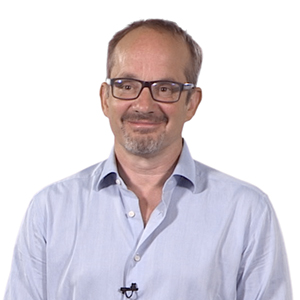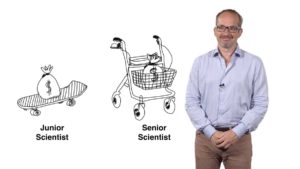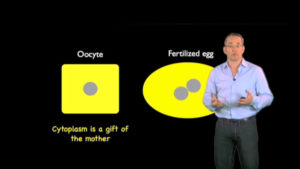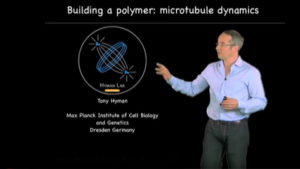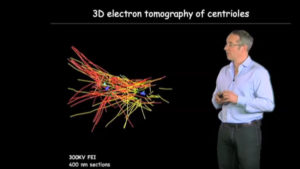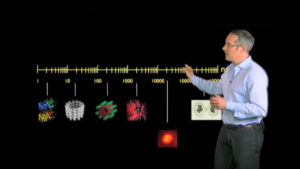Tony Hyman received his BSc in Zoology from University College, London and his PhD from the Laboratory of Molecular Biology in Cambridge. He then moved to the University of California, San Francisco to pursue postdoctoral research. Hyman returned to Europe in 1993 when he joined the EMBL in Heidelberg as a young faculty member. After 6 years at the EMBL, he became a Director of the Max Planck Institute of Molecular Cell Biology and Genetics in Dresden.
Hyman’s lab has studied the spatial organization of the cytoplasm for many years. His lab is currently focused on understanding how cells form non-membrane bound compartments.
